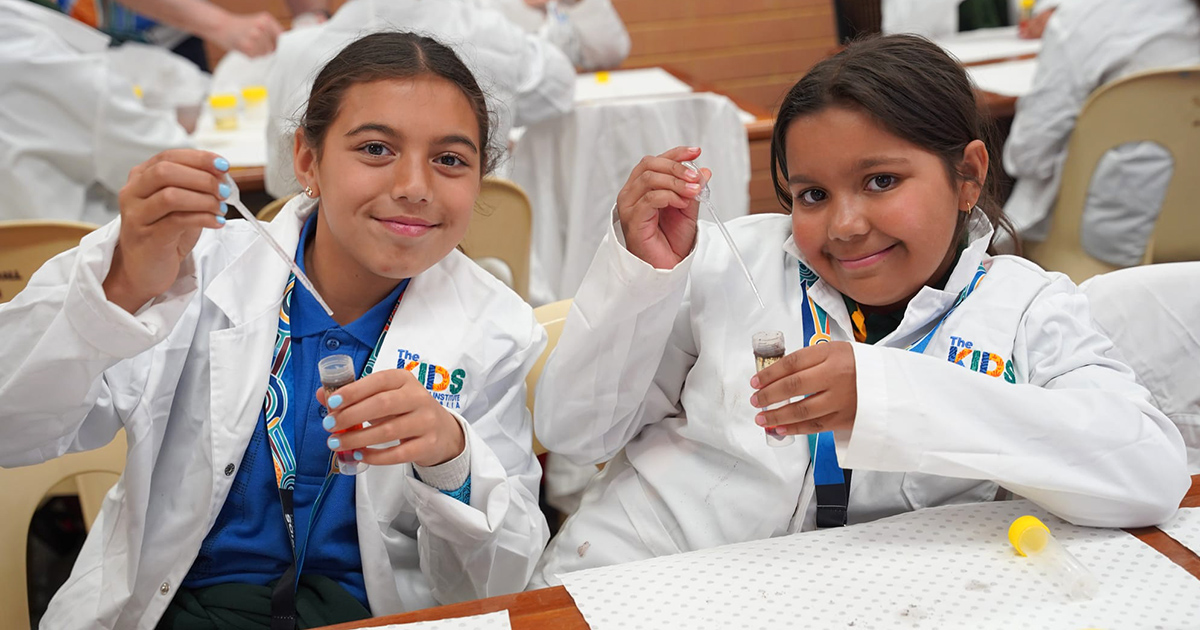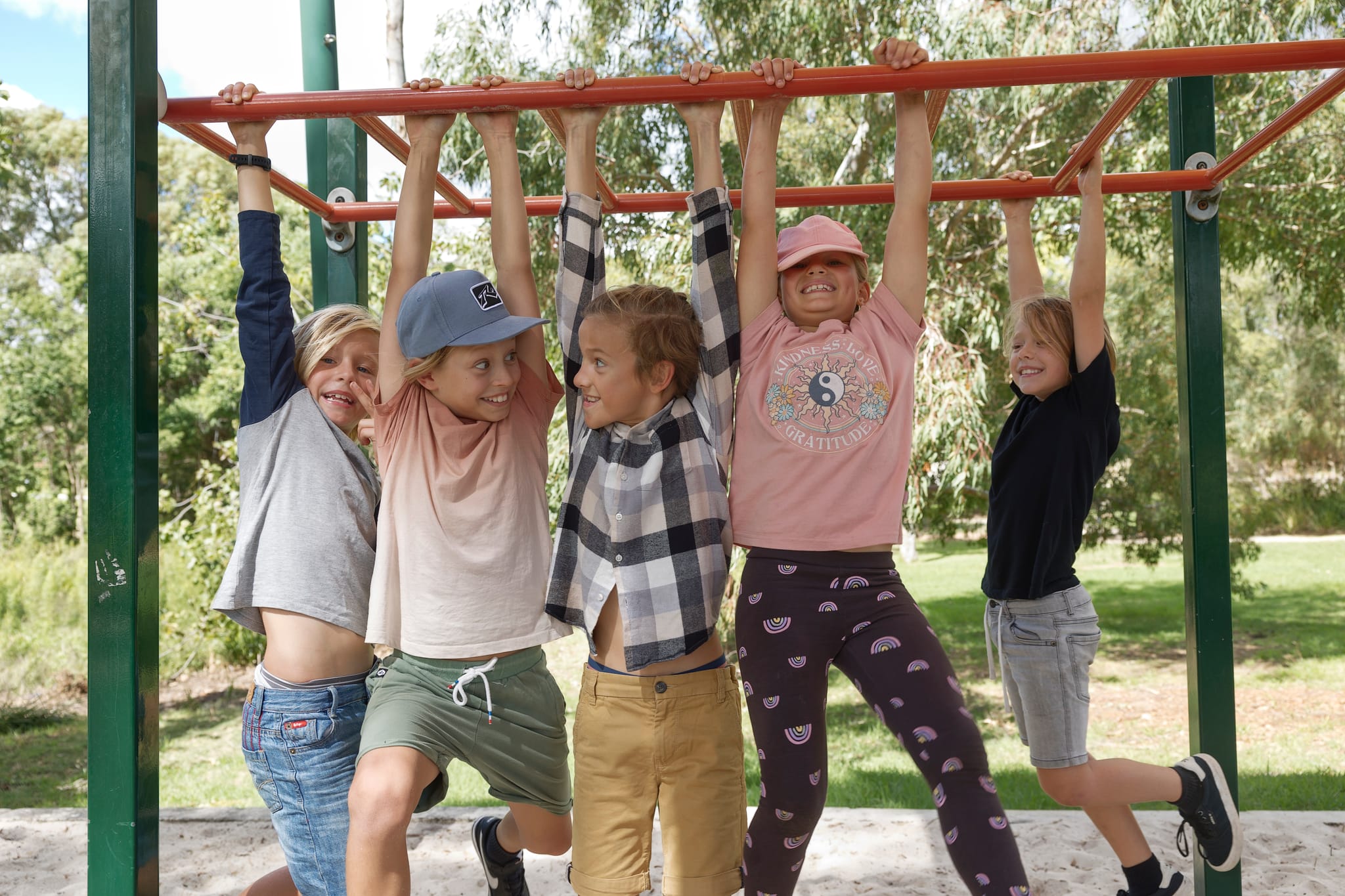Search

Eva Age 19. Youth advocate, Youth Advisory Group community member. I believe that research is an integral part of society and contributes

Madi Age 19. Volunteer Coordinator, Discovery Centre volunteer. In a world that is constantly evolving and adapting, research is crucial

Chloe Mum of two, Tom and Alexis. Community fundraiser. When our eldest child Tom was first diagnosed, I really didn’t know much about

News & Events
New study unveils benefits of blue and green spaces for boosting child wellbeingPreschool children with more backyard space and those who live closer to parks and water do more active play than children from other neighbourhoods, according to a new study by The Kids Research Institute Australia.

News & Events
Aboriginal women lead design of maternal and child healthcare modelA group of 19 Aboriginal women from South Australia, along with researchers from The Kids Research Institute Australia, have developed a culturally responsive, evidence-based model of care to support Aboriginal women with cardiometabolic complications in pregnancy in SA.

News & Events
Kalgoorlie STEM Festival ignites curiosityThe Kids Research Institute Australia’s inaugural Kalgoorlie STEM Festival drew more than 600 children and was warmly embraced by the local community over two exciting days at Curtin University’s Graduates Hall.

News & Events
Meet the Finalists: Illuminate PitchFest 2025We are excited to introduce ten trailblazing researchers who will be taking to the stage this February to pitch their bold and innovative ideas to our philanthropic community.

News & Events
Funding boost for childhood cancer research projectsProjects to improve outcomes for leukaemia patients and reduce skin cancer rates in young Aboriginal people have received funding through Cancer Council WA.

News & Events
Tuberculosis expert named a Rising Star finalistA leading tuberculosis researcher from The Kids Research Institute Australia and Curtin University has been named a finalist for the Association of Australian Medical Research Institutes (AAMRI) 2024 Rising Star Award.

News & Events
New Chair for The Kids Research Institute AustraliaBusiness leader Naomi Flutter has been appointed Chair of The Kids Research Institute Australia.
